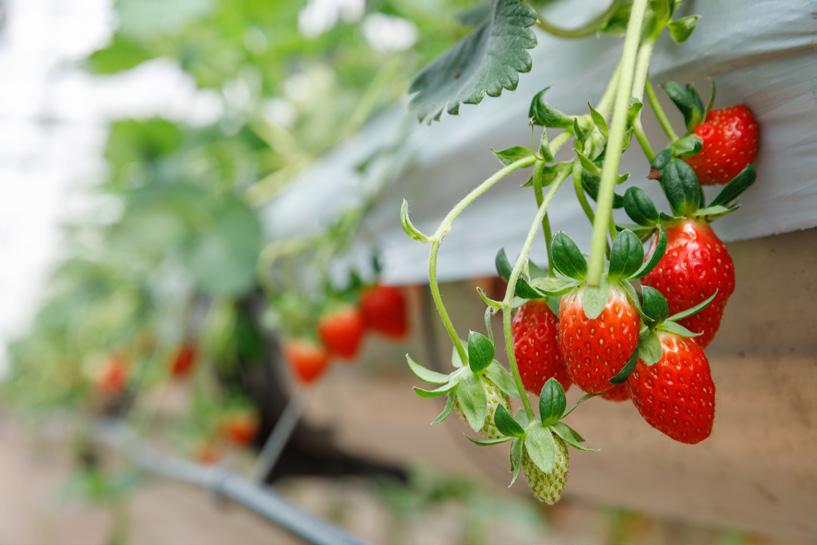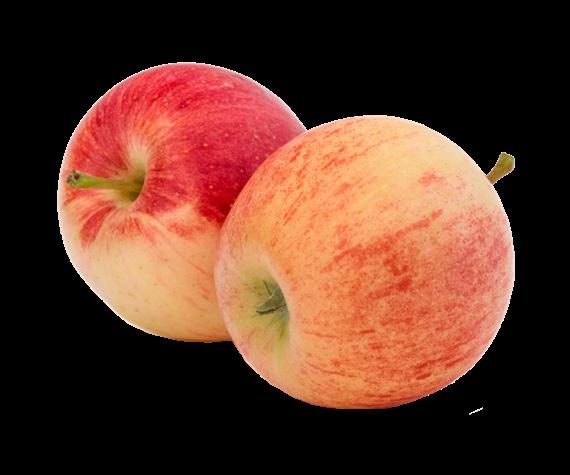
3 minute read
Appendices General Understanding & Opinions of the Agri-Food Industry:
An overview of the background understanding / awareness and values from those we worked with and voices we sought to represent.
65% never studied agri-food related topics before
75% believe that agriculture and food education should play a larger part in the school curriculum
74% very likely to / might choose a GCSE in agriculture
4 key ways that young people would most likely access to find out more about the agri-food industries:
1. Visit a farm (50%)
2. Access a 30 second video online (47%)
3. Talk to someone from the agri-food industry (35%)
4. Visit a website (30%)
NB: Vlogs, Blogs and video calls were of less interest (<14%)
When asked what the main function of a farm should be respondents said:
75% producing food
66% looking after the natural environment
42% rearing animals
41% generating energy from renewable sources
40% helping to tackle climate change
NB: Rewilding the countryside and using science had a much lower focus (< 28%) Female response was 10% higher than male response on looking after the natural environment and tackling climate change.
We asked how much do you agree / disagree with the following statements:
Almost half of the respondents think scientists should focus their efforts on the following to improve agricultural land use and food supply:
1. Making healthy food available for all
2. Managing water use
3. Welfare of farm animals
Whilst more than one third of respondents felt the following should be seen as the priority:
1. Sustainable and organic farming
2. Growing enough food to feed an increasing population
3. Reducing greenhouse gasses from food production
Far fewer respondents felt that the following should be a priority (less than one quarter):
1. Increase the harvest of home-grown crops
2. Appearance of food (shape, colour, consistency)
NB: male/ female responses differ to this question in the break down and when looking at gender specifically, males would like to see a focus on improving soil health over animal welfare in the key priority areas (almost half of respondents).
The key areas of agri-innovation (new activity that results in new goods or services or improves existing goods or services) that young people would like to see more of on future farms are:
1. Farming methods which regenerate soils (make them healthier)
2. Energy crops (grown to replace use of fossil fuels for heat, power & transport)
3. Use of agroforesty alongside arable and livestock on farm
4. Increasing diversity of crop types
5. Soil sensors
NB: GMcrops / robots / drones / autonomy are all very low down the list
Male - female responses differed greatly, with female responses stating that closer links between schools and farms were their third most popular answer for wanting to see more from farmers in the future and generally came out as a % total as much higher than the number one choice for males. Female respondents generally agree with one another on key responses, whereas male responses are much more varied and bring the average down.
Over one third of young people would like to see better links between farms and schools to support their understanding as a better way to connect with farming and food production in the future.
83% agree / strongly agree that science and innovation will underpin future farming, producing high quality food and an environment fit for future generations.
The impact from the Youth Advisory Panel residential at Harper Adams University:
Has your opinion of the agri-food industry changed as a result of the residential?
83% Yes
10% No
7% No reply
Was this a positive change?
(Inferred from the comments that followed the question)
A positive change was seen in 100% of those that responded yes. Those that said ‘no’, either gave no response or that they already had knowledge.
Overall, the key benefits that young people gained from the residential were:
• Appreciation of careers – the diversity of careers available:
“It is not just a farmer.”
• That our food supply is very complex:

“That there is so many different compartments to it and that it’s all very complex.”
• Young people were interested in the ‘sourcing’ of food, as this term came up within the responses of 32% of the students. Interestingly, it was not a term we focused on during our workshops.
“I have a deeper understanding as to how things are sourced and that agriculture has more to it than farming.”
We asked young people as a result of the residential what would you tell people who didn’t know anything about the agri-food industry?
“It is the backbone of our society.”
“It is a really big industry and is nothing like the stereotypes.”
40% of respondents highlighted how expensive it is to produce food and set up a farming business, and that these costs are potentially causing increased food prices which might be prohibitive to some consumers.










